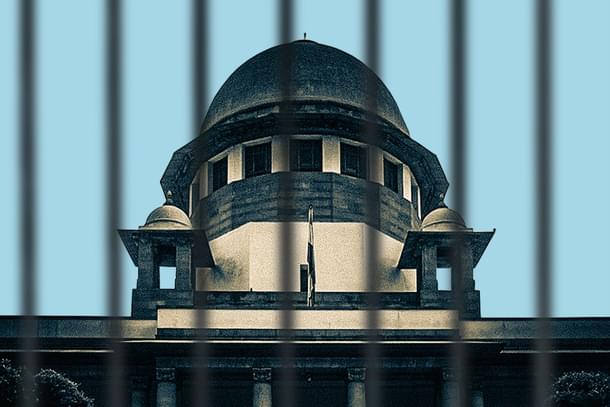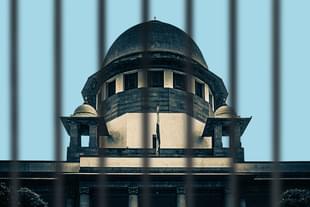Economy
SC Targets Promoter Wealth By Allowing Personal Guarantees To Be Invoked in IBC Cases
R Jagannathan
May 24, 2021, 12:02 PM | Updated 12:16 PM IST
Save & read from anywhere!
Bookmark stories for easy access on any device or the Swarajya app.


Last week, the Supreme Court struck a major blow against cronyism by holding that the personal guarantees given by businessmen can be called in even if their companies have filed for bankruptcy under the Insolvency and Bankruptcy Code (IBC).
A two-judge bench comprising Justice L Nageshwara Rao and Justice Ravindra Bhat upheld a 2019 amendment to the IBC which said that the personal guarantees given by promoters who took bank loans could be invoked even after insolvency proceedings are started.
The bench said that even though the IBC process protected the company from its debtors till the resolution process is completed, the same would not apply to promoters who had given personal guarantees about repayments.
This implies that promoters’ efforts to ring-fence their personal fortunes from the travails of their bankrupt or debt-laden companies will no longer work. The personal guarantees given to banks as part of the process that facilitated the extension of the loan will now dog their personal wealth.
The judgement of the bench said: “As held by this court, the release or discharge of a principal borrower from the debt owed by it to its creditor, by an involuntary process, i.e., by operation of law, or due to liquidation or insolvency proceeding, does not absolve the surety/guarantor of his or her liability, which arises out of an independent contract.”
On the face of it, this seems to contravene the idea of companies and promoters being separate entities in law, and thus not part and parcel of the same set of rights and obligations.
However, in the Indian situation, where promoters often do not put in sufficient equity of their own to show skin in the game, banks have in the past asked them for personal guarantees in order to derive a measure of comfort while extending big loans.
For promoters, this worked well as long as the business was able to generate sufficient cash profits to service the loan. Giving personal guarantees was a zero-cost way of obtaining bigger loans without additional collateral.
This was how companies like Bhushan Steel and Reliance Communications obtained large loans from banks, not on the strengths of their own balance-sheets, but the reputations of their promoters.
This also meant that cronies could get bigger loans merely by providing personal guarantees that they never had any intentions of honouring.
Now, of course, the Supreme Court has ended the party by saying lenders and even bankruptcy courts can drag promoter wealth into the resolution process.
In future, promoters will be wary of providing personal guarantees merely to obtain an outsize loan. They will have to bring in more equity and offer more collateral that may be derived from personal wealth or cash flows from other businesses. The free lunch is over.
Jagannathan is former Editorial Director, Swarajya. He tweets at @TheJaggi.





